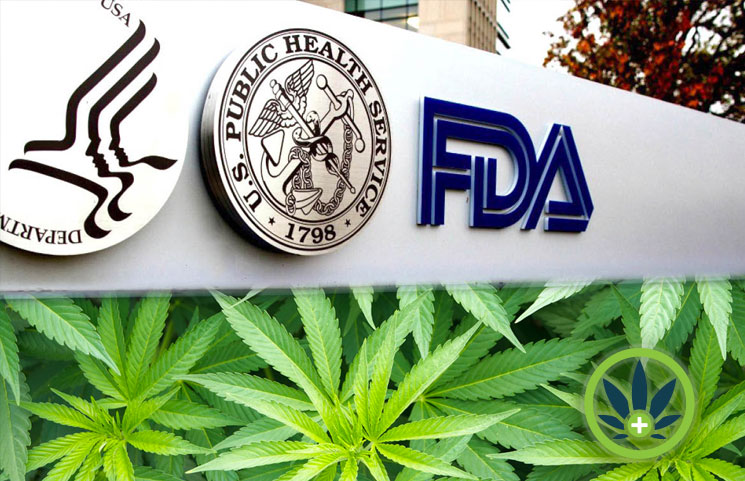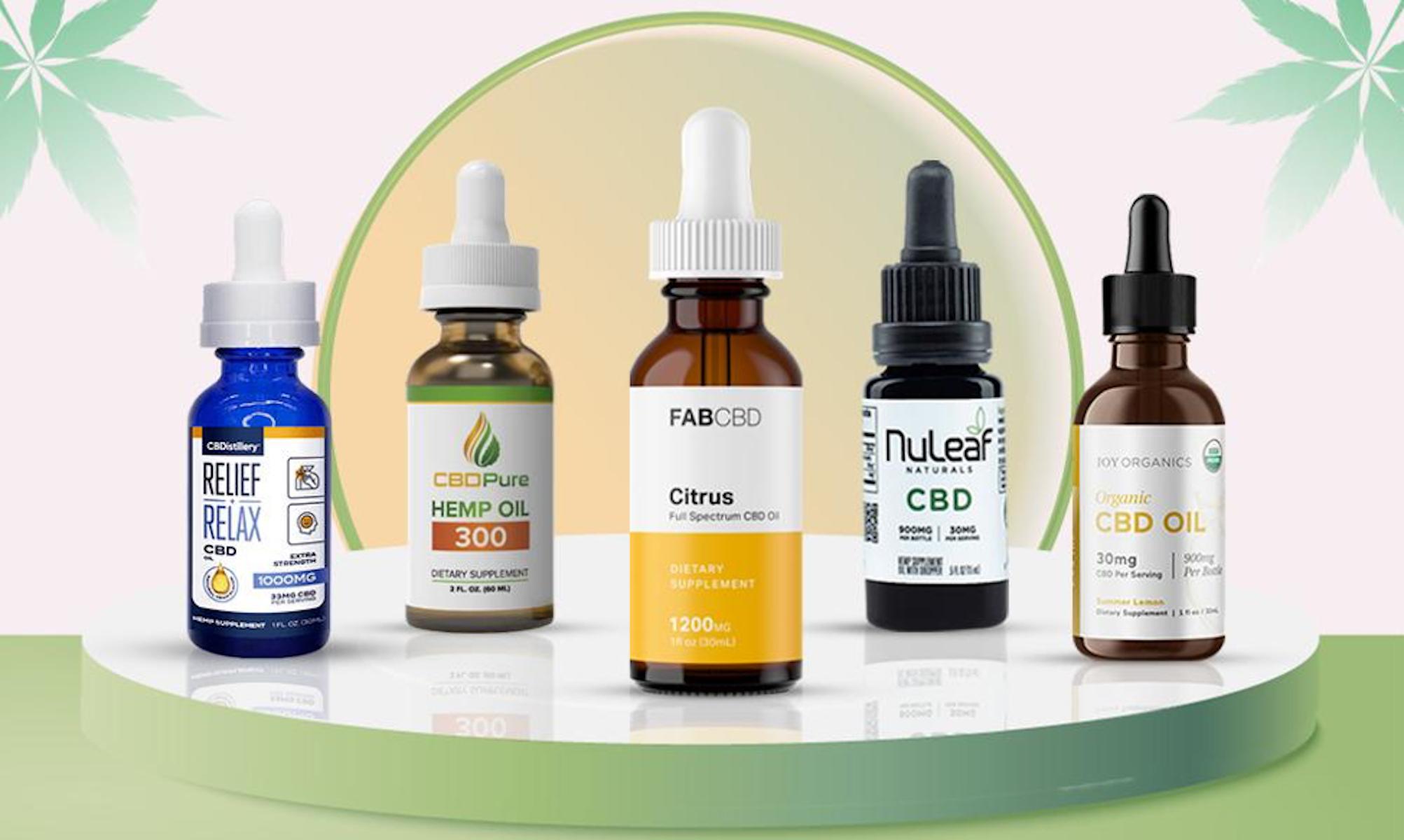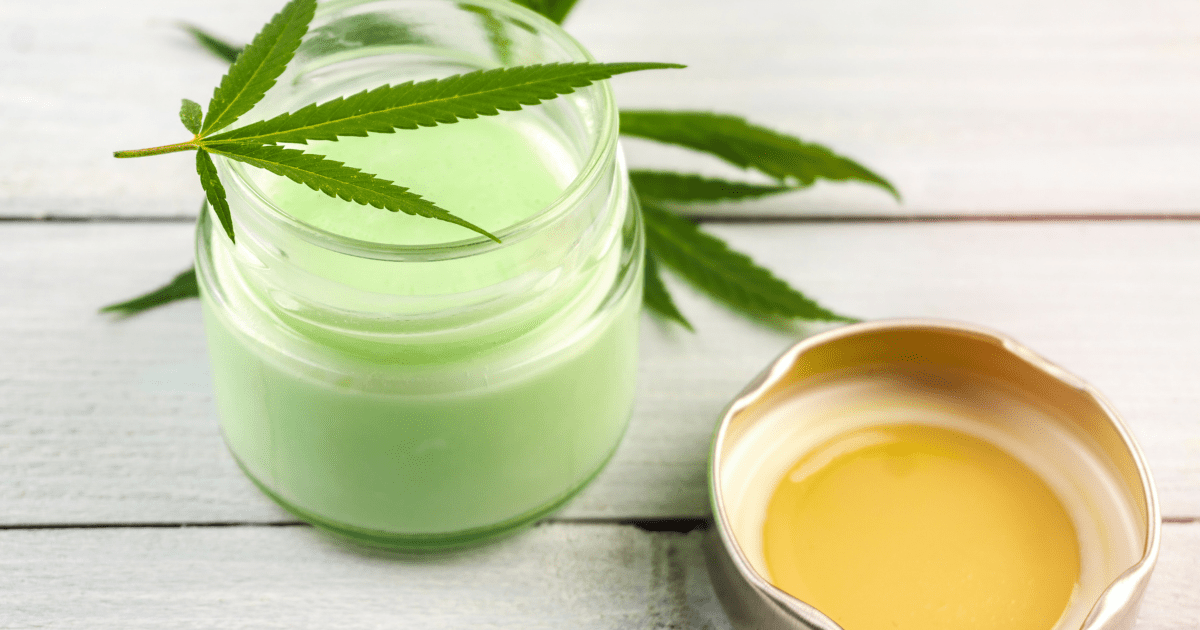
The ability to alleviate pain and other discomforts is one of the many advantages of medical marijuana. It can also be used to treat side effects from many other approved treatments. For example, it can increase the appetite of people living with AIDS. While still controversial, many people believe it to have medicinal benefits.
It relieves pain
Medical marijuana is becoming a more popular treatment for pain and other issues. Its phytocannabinoids look similar to the serotoninhormone, which regulates moods as well as pain. It has antioxidant and anti-inflammatory properties that can protect the spine. A recent study at the University of Colorado's Spine Center involved 200 patients. More than half of patients experienced significant pain relief with medical marijuana.
Research has shown that cannabis relieves pain in people suffering from a variety of chronic conditions, including fibromyalgia and osteoarthritis. Patients suffering from chronic pain may benefit from medical marijuana as an alternative to prescription opioids, which can have dangerous side effects and significant withdrawal symptoms. Overdoses of opioids lead to the death of many Americans every year.
It can lead to manic episodes
Bipolar disorder can lead to manic episodes. Bipolar disorder patients may experience relief from their high moods. The increased energy may make it seem less severe. But, these patients may be unable to control their behavior and actions, which can cause financial problems or embarrassing situations. To manage bipolar disorder symptoms, it is important that you seek medical attention.

The best treatment for mania is medical marijuana. It has antipsychotic and anxiety-reducing effects, which could help people with mania manage the condition. It can also help stabilize moods and calm patients with mental illness.
It is not a gateway drug
Some experts suggest that marijuana could act as a gateway drug. However, other researchers are skeptical. Some researchers have found that marijuana use isn't related to the use of harder drugs. According to the Institute of Medicine, marijuana is a gateway drug. However, some studies have found a link between marijuana use and other drug use.
Medical marijuana, also known as cannabis, is often thought of as a soft drug. It is not addictive and is not available as readily as other drugs. It is less accessible than alcohol, according to supporters.
It is against the physician-patient relationship
It is being questioned whether the federal ban against medical marijuana violates the doctor-patient relationship. While doctors are permitted to recommend medical marijuana, it is against the physician-patient relationship for patients to be denied a prescription. The duty of physicians to fully disclose all options is theirs. Patients who are denied medical marijuana access is a breach of that obligation. Also, patients' rights to informed consent are violated when doctors fail disclose all treatment options.
There are many ways in which a doctor could break the physician-patient relation. First, the physician must get the patient's consent. If the patient is a minor, the consent of their parent or legal representative should be obtained. In addition, a physician should determine whether the patient requires the assistance of a caregiver. If so, the physician should identify the caregiver.

It is against federal law
It is important to understand that medical marijuana is illegal under federal law. Before allowing employees to smoke marijuana at work, employers must review their zero tolerance policies. Some policies have marijuana included, while others don't. A federal contractor might have to offer accommodation for employees who are not using medical marijuana.
Federal law prohibits the possession and sale of marijuana. But, states are allowed to regulate their own laws. This is called "impossibility preemption". A state law that regulates medical cannabis is an example. However, another state law bans the sale and use of marijuana. If a state law is passed by Congress and how it's interpreted by federal judges, then whether it is preempted or not by federal law is another factor.
FAQ
What is the size of the global CBD market?
Euromonitor International estimates that the global CBD market is worth $US3.5Billion in 2015. This is a more than 10% increase over 2014.
The report projects that this figure will reach $US6.4 billion by 2020. This represents an average annual growth rate 12%.
CBD products are expected to account for around half of all hemp-derived products sold globally by 2020.
This includes CBD oils, as well other CBD products, including food, beverages cosmetics, pet care, and CBD oils.
What are the best CBD brands?
These top CBD brands were handpicked by us on the basis of quality, reliability and value.
They offer CBD oil products that are high-quality and less than 0.2% of THC.
We recommend you also check out our top CBD sellers worldwide.
Which countries produce the highest quality CBD products?
The United States is home to the greatest number of CBD products.
High-quality CBD products are also being produced in Canada, Australia and New Zealand.
Where can I find CBD products?
CBD can be purchased online or in local shops. Online retailers tend to offer better deals. You will find that many websites sell CBD products made using industrial hemp, which contains less than 0.3% THC.
If you prefer to shop locally, look for brick-and-mortar businesses that specialize in selling CBD products.
Many states now have laws allowing consumers to buy CBD products without a prescription. CBD products can be purchased at your local pharmacy in some states if you are one of them.
CBD products can be delivered directly to your front door.
Can I use CBD during pregnancy?
There isn’t enough research available to confirm that CBD is safe to be used during pregnancy.
However, CBD does not appear to be a danger to the baby based upon the limited information.
Pregnant mothers should not consume CBD unless it is recommended by their doctor.
The Food and Drug Administration published a warning about potential health risks when CBD is taken while pregnant.
FDA says there is evidence that cannabis usage during pregnancy can increase miscarriage risk.
According to the agency further research is required before any firm conclusions can be reached.
Statistics
- CBD seems unlikely to directly influence sleep in healthy humans [115] (and maybe “sleep-promoting” in those with certain comorbid conditions) (ncbi.nlm.nih.gov)
- A recent study [161] also found that in vitro CBD treatment (i.e., ≤ 2 h exposure to 10 μM) induced ~40% vasorelaxation in isolated (pre-constricted) (ncbi.nlm.nih.gov)
- The use of these products is likely to become even more widespread if the World Health Organization's recommendation that CBD no longer is scheduled in the international drug control conventions is adopted by the United Nations member states [201]. (ncbi.nlm.nih.gov)
- As a substance that was federally illegal before the passage of the 2018 Farm Bill, hemp-derived cannabinoids with no more than 0.3% THC still face a regulatory grey area. (forbes.com)
- While the primary injury may not be treatable, interventions that attenuate secondary sequelae are likely to be of benefit [203].Only one study (ncbi.nlm.nih.gov)
External Links
How To
What are the common issues in the CBD industry?
The market for CBD products continues to grow at an amazing rate. There are many hurdles businesses face when trying to enter the CBD market. There are many challenges facing businesses looking to enter this space, including low consumer awareness, high costs of entry and limited access to capital.
Many consumers aren't aware of the benefits and limitations of CBD. This makes it difficult for consumers to make informed decisions on whether or not they want CBD products.
Most CBD companies rely heavily upon word-of mouth marketing. This can be costly as it involves advertising and staffing to promote the brand.
High production costs are another problem facing new entrants in the CBD industry. CBD products require a lot of raw materials. CBD oil can only then be produced if the hemp has been grown in a specific environment.
Grow enough hemp to produce CBD oil requires approximately $1,000 per annum. This means that many small farmers cannot afford the cost of starting.
A lack of capital access is another issue that new entrants will face in the CBD marketplace. Due to the stigma surrounding the industry, banks discourage many people who wish to start businesses.
Finally, there is regulatory uncertainty surrounding the sale of CBD products. There are no guidelines for how CBD products should market.
Although some states have passed legislation restricting CBD product sales, this has not become a national policy.
Only Nevada, Maine, and Nevada have legalized recreational pot.
However, some states like Massachusetts and Michigan are considering similar measures.
These changes could lead to increased competition between CBD manufacturers.
Many entrepreneurs prefer to work at home over starting a business.